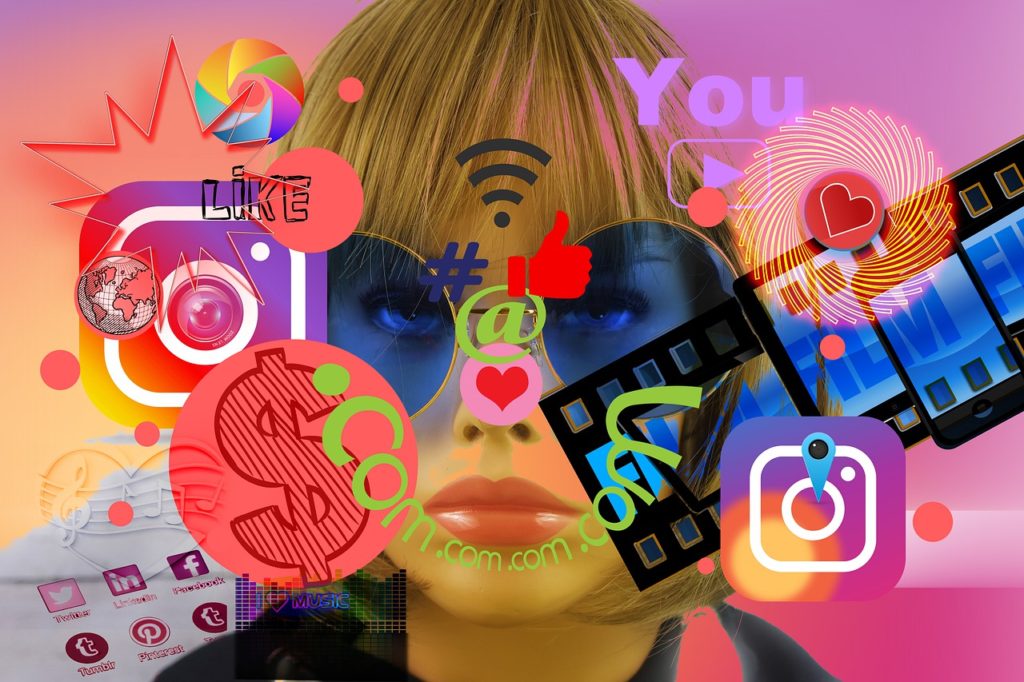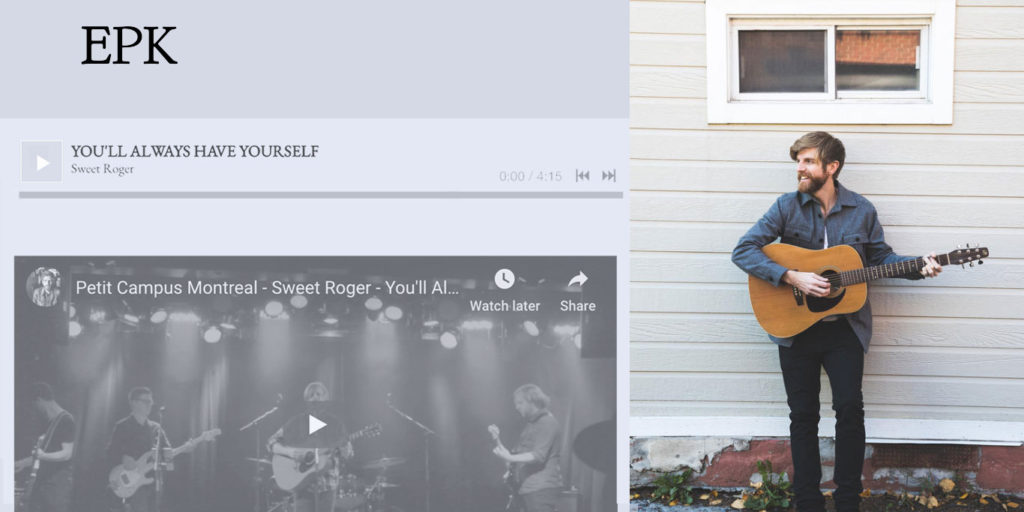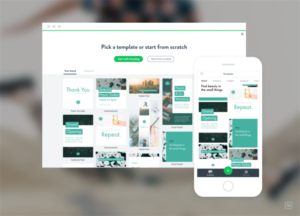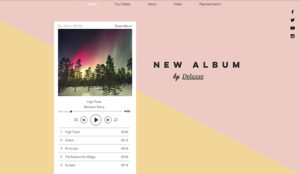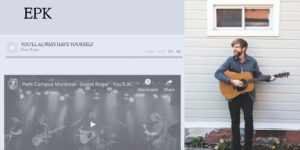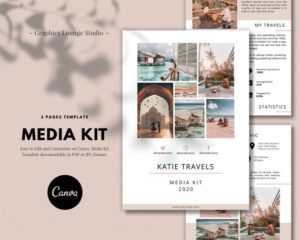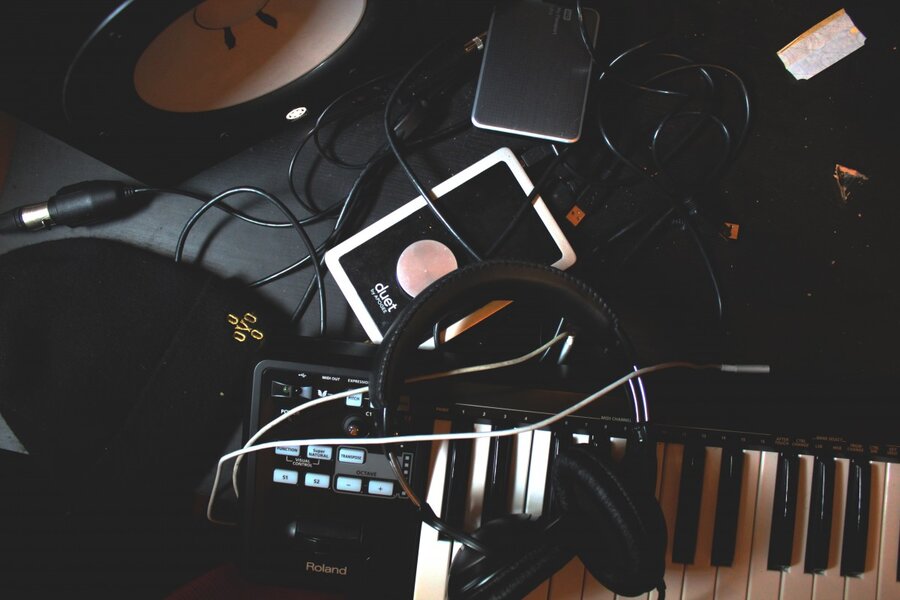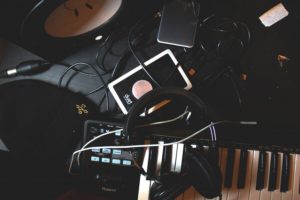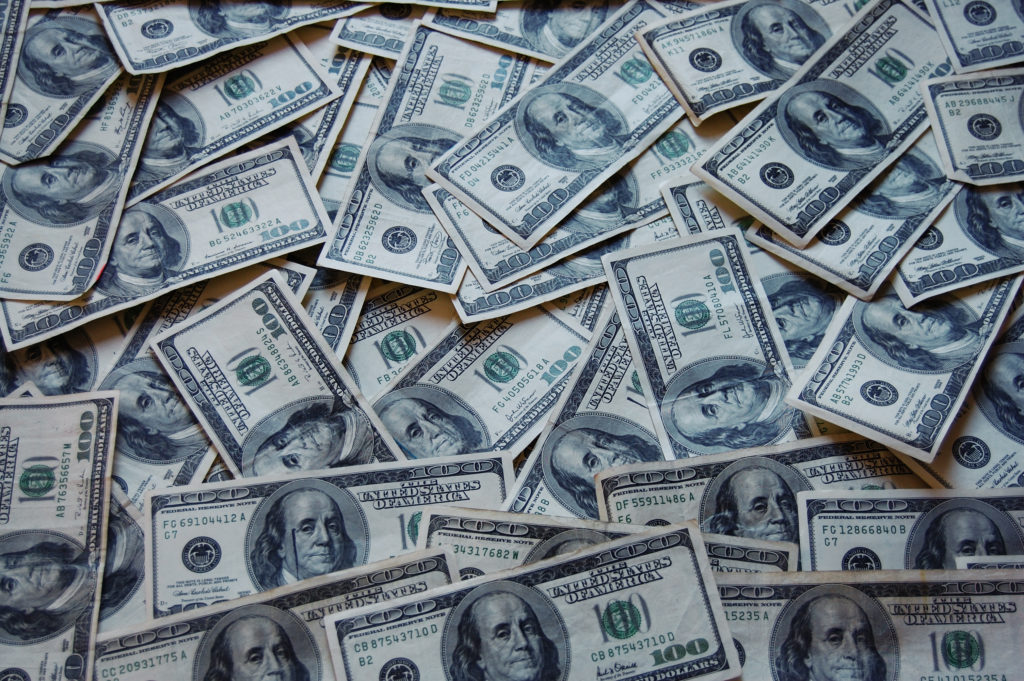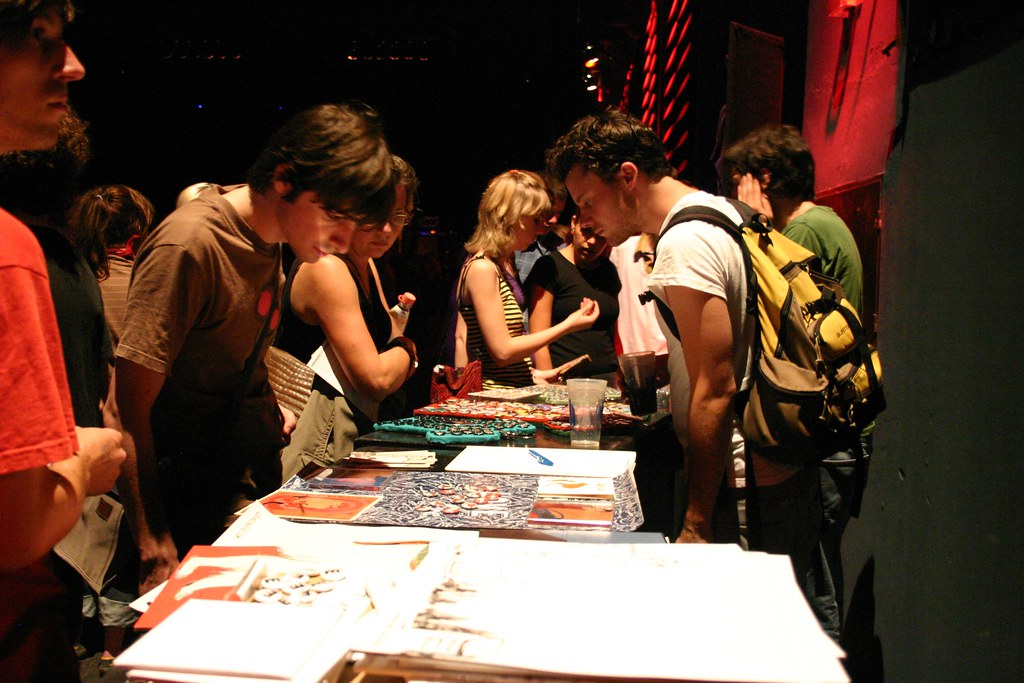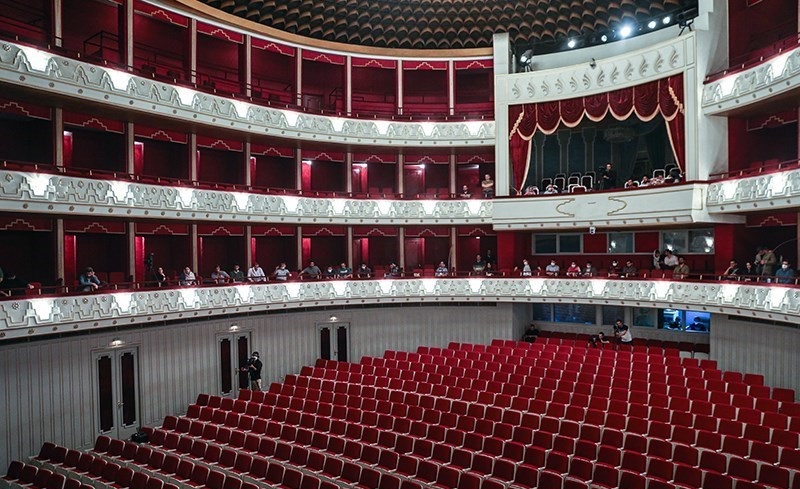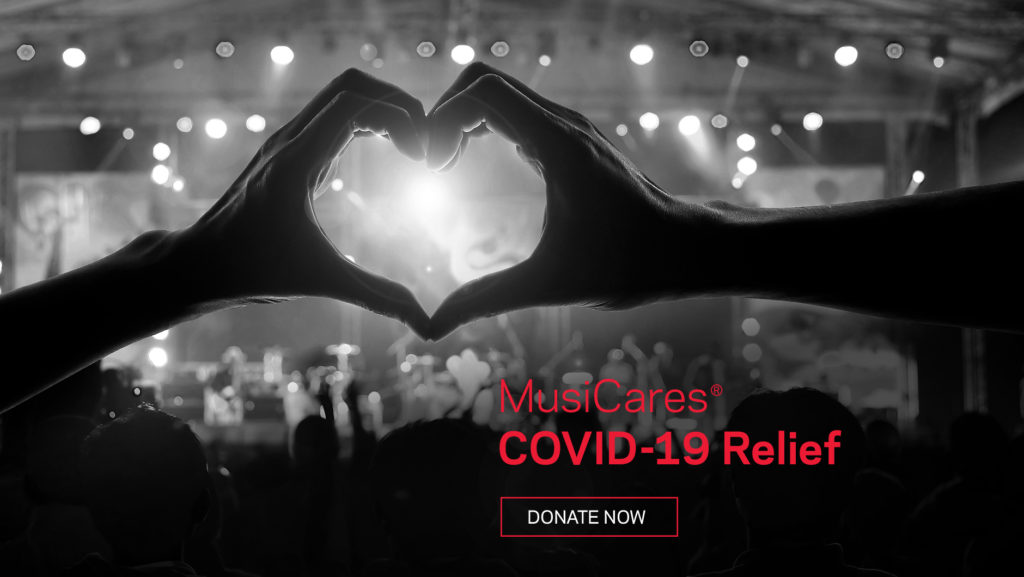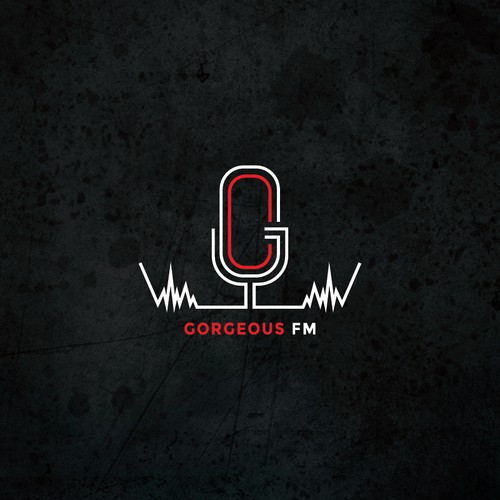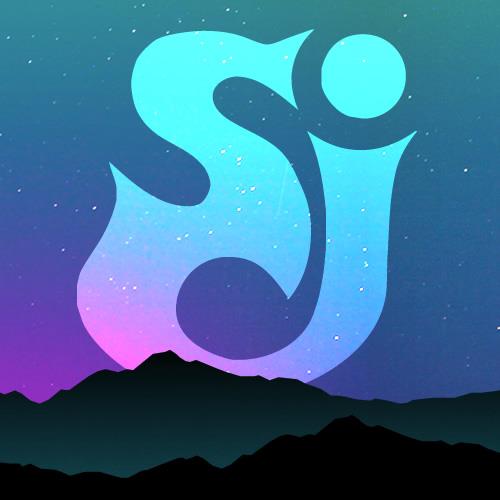How to Market Your Music Before and After Release!
If you haven’t read our post “How to Release Your Own Music”, we suggest reading that post before this one, as it explains the legal process and distribution of your music.
There are two different kinds of marketing; owned and paid medias. Your profiles are owned while any ads are usually paid. Using the target markets you’ve identified after reading “How to Release Your Own Music”, decide which social media apps will be most likely to reach your potential fans. Instagram, Tiktok, and Facebook are all great options depending on the age of your audience, and combining all three could be the best option.
For Instagram, be sure to use both ads and sponsored posts that are engaging and unique. Using images from photo shoots can draw in fans who are more attracted to visual content. With your profile, utilize your bio to the fullest by including who you are, what you do, and a link to your website or music. Create a feed that is beautiful and curated by using a planning app such as Planoly. Instagram has many tools that help create authentic engagement, so using Reels, Stories, and IGTV videos can help boost your content to more people. Once you have made a Reel or a TikTok video, you can share the video to the other platform, which is a great way to reuse content. After posting the videos, sharing them to Pinterest will also drive lots of traffic to your account.
We suggest posting at least once per day will allow your posts to be shown to more users, and using hashtags that are not incredibly popular could possibly put your post at the top of the hashtag. In your caption, including a Call to Action with most posts will tell your fans how you are hoping they can help you succeed as a musician.
With Tiktok, we suggest creating videos and posting 3 times a day. It is important to record with great natural lighting and post when the most people are on the app (at night, not during 9-5). Collaborating with other users on the platform, doing duets or asking others to write another verse to your song can help boost your videos to more users. Going live after posting a video can also greatly increase your views and the chances of going viral. For paid media, running a campaign on Playlist Push can get your songs to influencers who can use it in their videos. Influencers will create videos using your song until the campaign is complete. Another option for paid media is using TikTok ads. Create a TikTok Ads account that shows the hook of your song alongside a cool video.
Facebook is geared towards an older audience; however, the profile is still important for contact reasons and future opportunities in the industry. Facebook ad campaigns allow the user to choose the objective of the campaign such as expanding your audience, reaching your audience, and gaining traffic to your website. Facebook also allows you to set a budget for the campaign. With these ads, you can reuse content from other social media accounts. Reposting to a separate platform continues to reach people that may not have seen the post elsewhere.
Moving away from social media, creating a fan engagement campaign will allow superfans a way to engage outside of socials. A mobile marketing campaign such as a text list can make you seem much more accessible and likeable to your fans. If you create promotional materials such as stickers, shirts, and posters, doing a giveaway could be a great incentive for signing up.
A website is also an important part of your branding. In a previous post about EPKs, we suggested using a website like Wix that has templates for musicians and can be used for free. Another option is Squarespace, which allows fans to buy merch on the page. These templates are stunning and allow for many custom tweaks. A website can be an important part of sharing your music, showing your brand to potential venues, clients, or industry professionals, and can help spread your music. To get the most out of your website, learn about SEO, and how you can use it to help your website get more traffic. Start with a course such as Google Digital Garage’s Search Engine Optimization Fundamentals. Your website should also include a call to action. This call to action should be the most important thing for your fans to do, so that is the first thing that should be asked of the viewer. Don’t be afraid to ask friends and family for their honest opinion about the website. Doing a website rollout, showcasing that “something new is coming” on all social media accounts, can boost traffic to your site. Lastly, creating an email list pop-up will allow fans to stay informed.
Once your website and social media accounts are pristine, it will be time to work on your publicity and press. To create online press, reach out to local newspapers, magazines, and websites. Using your EPK and website, you can promote yourself to each media outlet. Reach out to college TV stations, as well as smaller local stations. If you have contacts at these stations, don’t be afraid to reach out and send an EPK asking for their help in promoting your music. Most importantly, fans are the best way to create a buzz surrounding your music. Every time you post, on social media, you give them something they can share about you. Ask your friends and fans to reshare your music.
Lastly, our personal favorite marketing tool is radio promotion! Powderfinger Promotions helps promote music to college radio stations.
We hope you enjoyed learning about how to market your music, and let us know if you have any questions in the comments below!

